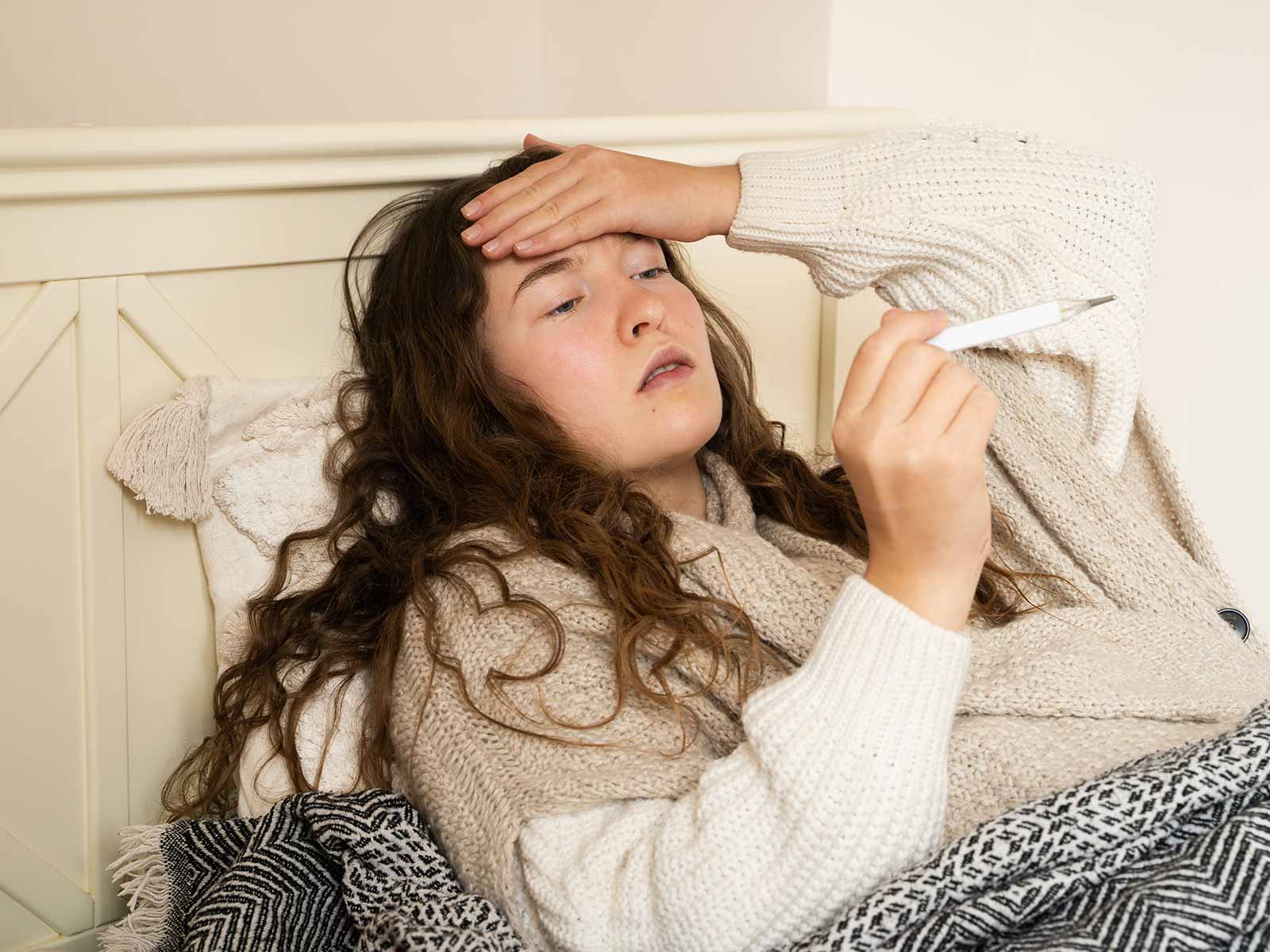
Diverticulitis is a condition that occurs when small pouches (diverticula) in the wall of your colon become inflamed or infected. These pouches can form over time as the colon wall weakens. Mild cases often improve with rest, clear liquids, and dietary adjustments, but when pain or fever is severe, it’s important to consult a gastroenterologist in Houston.
A diverticulitis flare-up can appear suddenly and may include the following symptoms:
Several factors may trigger diverticulitis or increase the risk of flare-ups:
Board-certified gastroenterologists at GastroDoxs in Jersey Village provide a combination of advanced diagnostics, personalized diet and lifestyle guidance, and compassionate aftercare to help you overcome diverticulitis. Our goal is to ensure your comfort, restore balance, and promote lasting digestive wellness.
Book an appointment today or schedule online to begin your journey toward long-term relief and a healthier quality of life.
We've successfully treated more than 1.7K patients, helping individuals improve their digestive health and overall well-being through expert, personalized care.
With over 20 years of experience, GastroDoxs has been a trusted provider of gastroenterology care, focusing on delivering the best outcomes for patients
Mild cases can often improve with rest, adequate fluids, and dietary adjustments. However, if pain or fever worsens or symptoms persist for more than a few days, you should see a gastroenterologist.
Common side effects include mild gas and bloating. To minimize discomfort, start with small doses and gradually increase them. Always consult your doctor before use.
Yes. Chronic stress can alter gut bacteria balance and contribute to inflammation, making flare-ups of diverticulitis more likely.
A CT scan is recommended if you experience severe abdominal pain, fever, or potential complications such as an abscess or perforation. It helps confirm the diagnosis and guide treatment.
Yes. Excessive alcohol consumption can irritate the colon lining and worsen inflammation, increasing the risk of diverticulitis flare-ups.
Absolutely. Your gastroenterologist can review and explain CT scan images with you to show the presence of diverticula or any related complications.
Yes. We provide a detailed, printable food guide outlining foods to avoid—such as nuts, seeds, popcorn, and high-residue items—and foods that support recovery.
Probiotics can support gut health by restoring healthy intestinal flora. Some studies show benefits, but always consult your doctor for the right strains and dosages.
Typical symptoms include lower-left abdominal pain, fever or chills, reduced appetite, constipation or diarrhea, and abdominal bloating or gas.
Flare-ups can be triggered by a combination of factors, including a low-fiber diet, certain foods, alcohol, and chronic stress. Triggers may vary between individuals.